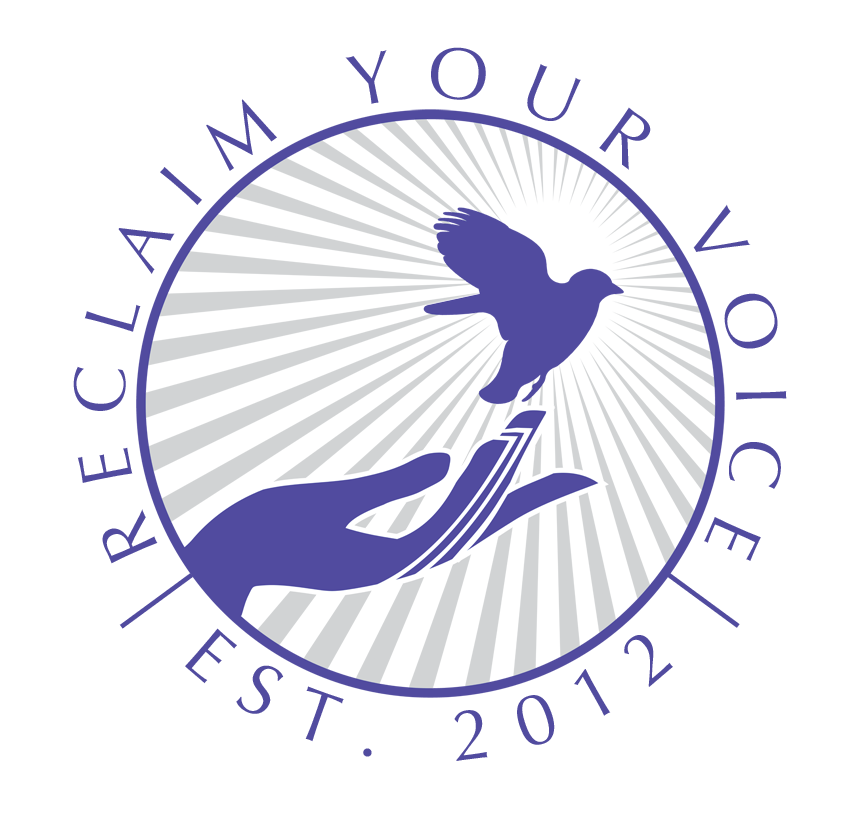Workshops
Below you will find a list of our current trauma-informed workshops for students and staff, which begin with a safe space agreement and include grounding exercises. We encourage autonomy: participants are supported in their choice to have their cameras on or off during virtual workshops, and may engage with the exercises in ways which feel comfortable for them. To build a sense of community, space is offered throughout our workshops for sharing and debriefing, but all sharing is voluntary. We can also create or tailor a workshop based on the needs of your group.
* NEW * Allying: Rooted in somatics, this workshop supports participants in opening up to a deep and embodied sense of support from what they’re struggling with, including compassion fatigue, and fears of abandonment and rejection.
* NEW * Attachment Wounds: This workshop helps to increase our awareness around behavioural patterns that may stem from emotional injuries from our childhoods. Included in this workshop is an inner child meditation which can promote repair.
The Mother Wound & Reparenting: Inspired by “Mothers Who Can’t Love: A Healing Guide for Daughters” by Susan Forward, PhD, this workshop explores the meaning of the Mother Wound, and walks participants through a powerful exercise in reparenting.
Poetry Workshops: Art is one of the most powerful ways to process pain. These workshops provide the opportunity for participants to explore poetry as an outlet for healing.
Your Safe Space: The theme for this trauma-informed workshop is safety and relaxation. Participants will explore a writing exercise designed to help them connect with their own safe space. This workshop includes a somatic exercise to help bring awareness to the areas in our bodies where tension is held unconsciously, so that it can be released.
Your Healing Sanctuary: Participants are invited to imagine attending an all expenses paid healing retreat and to describe it in detail through writing. This workshop encourages participants to gently exercise the imagination in a positive way, something which is often negatively impacted by trauma.
Letters To and From our Bodies: This workshop invites participants to get in touch with their bodies in a nurturing way. Writing prompts will be provided to help participants tap into what they wish to communicate to their bodies, and to imagine what their bodies may wish to communicate back to them.
Self-Forgiveness: Self-forgiveness is one of the most powerful practices in conquering shame, helping to combat the feelings of low self-worth which so often accompany trauma. Here, participants will explore this practice through writing.
Inner Critic & Self Compassion: These writing exercises help participants identify the negative commentary of the inner critic and practice self compassion, which is said to be the antidote to shame. This is followed by a trauma-informed lovingkindness meditation to help participants discover their own personalized lovingkindness phrase based on their emotional needs.
Boundary Setting pt I: My Restorative Rights: In this workshop, participants will explore setting boundaries after trauma and become clear on what rights are important for them to reclaim for their healing and restoration. They may decorate their list of rights using art supplies.
Boundary Setting pt II: Navigating Difficult Conversations: Setting boundaries can be incredibly difficult, but they are also absolutely necessary for our healing from trauma. This workshop introduces participants to an approachable tool that can help make the boundary setting process easier.
Narrative Shifts: Narrative perspective can affect how we experience distance and closeness when we write about a topic. Together, we will explore how something which may feel difficult to write about can be easier to explore in third person. Participants will also be invited to imagine a positive future outcome to a challenge they are currently facing.
Lessons Learned/Letters to Ourselves: Participants will be invited to reflect on what they are most proud of, and the most important lessons they've learned over the course of their lives. Which of their decisions and accomplishments are they most proud of? What wisdom has become clear to them? What mistakes have they made and learned from? They will then use these self reflections to write a letter of motivation and support to themselves, using these memories and learned lessons to encourage themselves in difficult times.
Inner Child: Inner Child work can help us uncover our unhealed wounds and unmet needs. This workshop explores the multiple layers of the inner child, and helps us connect with and nurture our inner child with a guided meditation.
Forgiveness - What it is & What it isn’t: Forgiveness is something that survivors of trauma often feel pressured to do. At this workshop, participants can explore the various layers of forgiveness as a group to help them decide whether or not the idea of forgiveness feels right for them.
Wellness Toolkit: This workshop has been designed for corporate teams as well as the general student body population. It provides a variety of approaches that participants can add to their toolkits to manage stress and release tension. It includes writing exercises, somatic experiencing exercises, and a trauma-informed guided meditation.
Sound Bath: (In Person Only) Singing bowls offer various benefits including anxiety reduction, stress relief, emotional processing, improved sleep quality and more.
Men’s Circle 1: At this Men’s Circle, Jungle Flower speaks about the abuse she experienced and leads a group reflection on the factors that create hypermasculinity.
Men’s Circle 2: Our Men’s Circle invites male-identified folks to self-reflect individually and share their truths in a group setting, encouraging the normalization of experiencing and expressing emotions.
Inner Journey: (In Person Only) This wellness sessions combines guided meditation, stream of consciousness writing, somatic exercises, breath work, and a sound bath to help clear blockages from the physical, mental, emotional and creative bodies.
For more information, please send an e-mail to info[at]reclaimyourvoice.org
